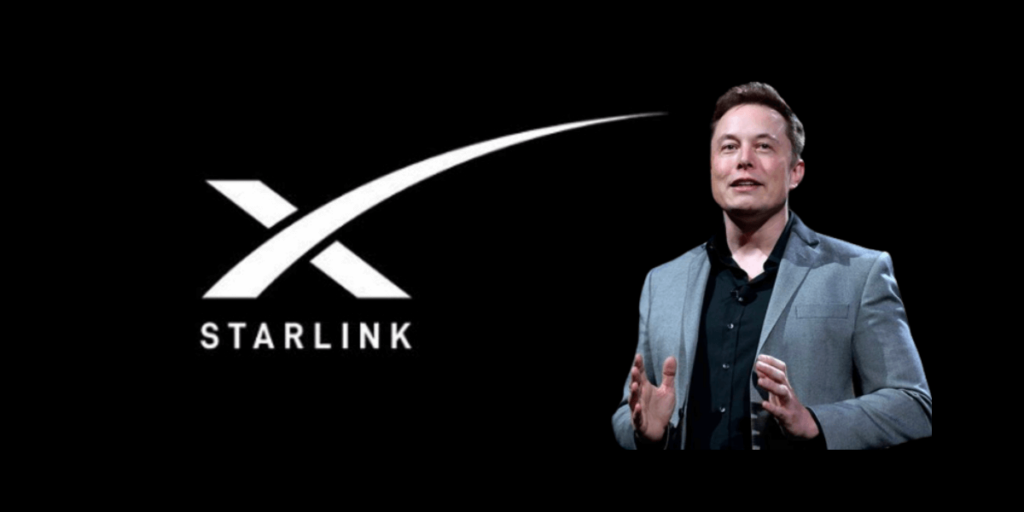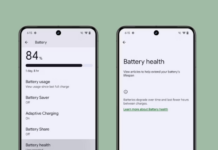Elon Musk’s company, Starlink, is set to receive a license to offer satellite-based voice, messaging, and data communication services in India.
The Indian government has expressed satisfaction with the response received by Starlink on data storage and transfer regulations.
Elon Musk’s Starlink Set To Get Satellite Licence In India
“The answers given by Starlink to our queries look satisfactory… After the security check is completed, the company will be given a global mobile personal communication by satellite services (GMPCS) license to offer services,” a government official was quoted in the Economic Times report as saying.
After getting the license, Starlink, a subsidiary of SpaceX – which is owned by Musk- can offer satellite broadband, voice, and messaging services to individuals and organizations in India.
For those unaware, this is Starlink’s second attempt to get a license and enter the Satellite communication (satcom) market in India. In 2022, Starlink applied for a license with the Indian government to provide satellite-based services in the country.
During the licensing process, Starlink was requested to provide clear responses regarding data storage and transfer in the country as per existing norms. To this, the company responded by saying that since its constellation was global, it would follow international standards for data transfer and storage.
Indian authorities rejected this positioning, as it insisted on compliance with local data storage regulations. Starlink has now agreed to adhere to Indian regulations regarding local data storage to hold an Indian license.
“The company has now agreed to comply,” a second official was quoted as saying in the ET report.
Once approved by the Indian government, Starlink would become the third company to receive a GMPCS license in India, following Bharti Airtel’s OneWeb, and Reliance Jio’s satcom arm.
Earlier this October, Amazon, led by Jeff Bezos, had also applied for a license from the Department of Telecommunications (DoT), but the government still needs to consider it.
To start satellite Internet services in India, besides getting government approval for the license, companies must also get approval from the Indian National Space Promotion and Authorisation Centre (IN-SPACe), which functions as the autonomous space regulator for private and government players.
After this, companies are required to wait for spectrum allocation by the DoT. Currently, the government is awaiting recommendations from the Telecom Regulatory Authority of India (TRAI) on the allocation of Satcom spectrum in the country, which is not expected to happen until a new chairman is appointed for TRAI, an official told ET.
India’s space economy is projected to reach $13 billion by 2025, with a compound annual growth rate of 6 percent, according to a report by EY-ISpA.



